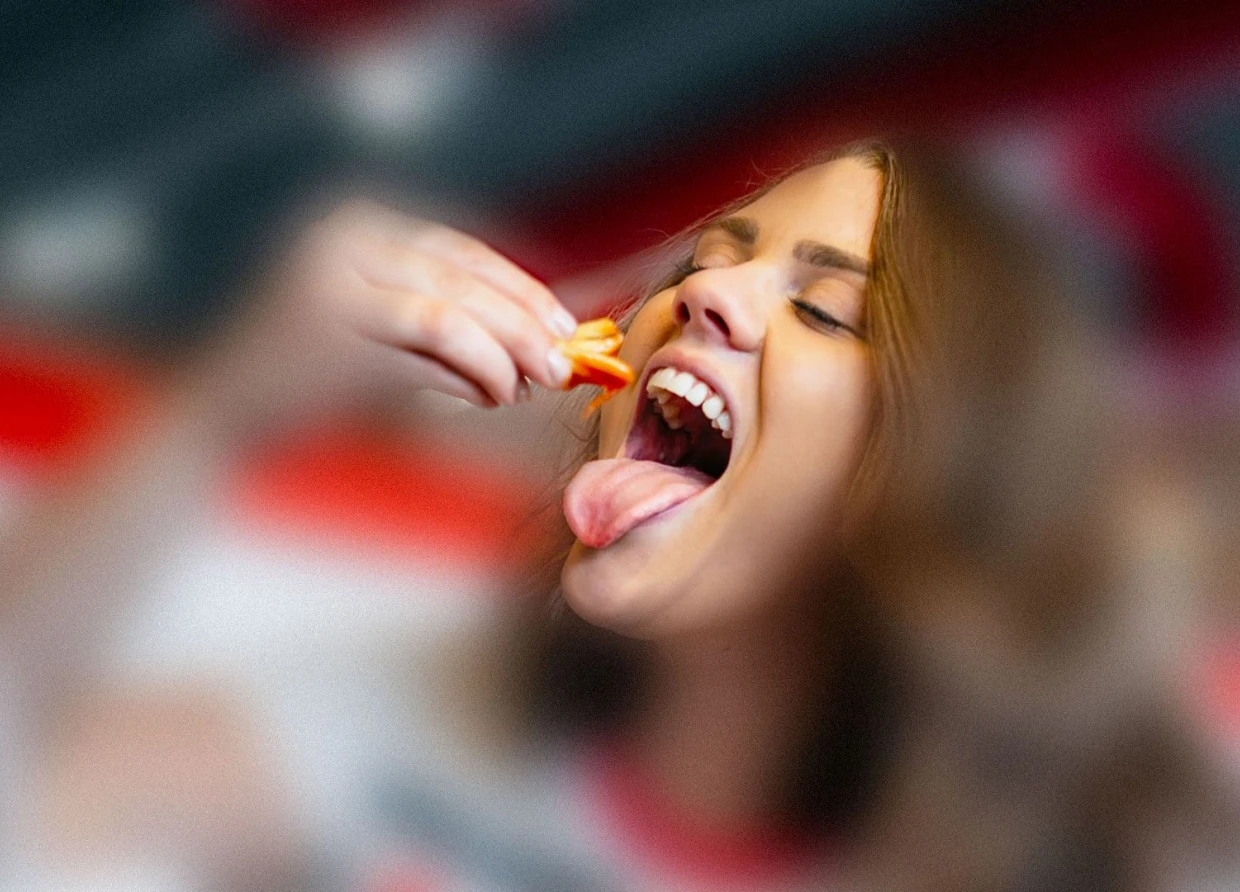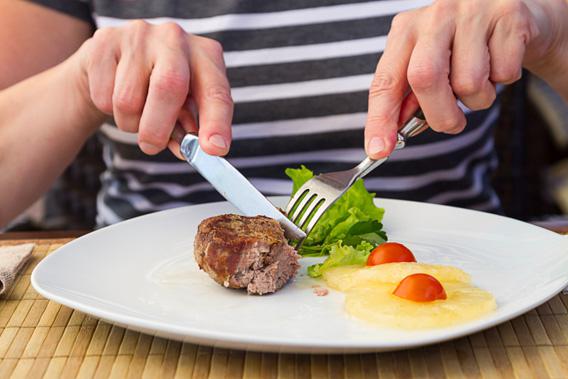EATING ETIQUETTES FROM 4 DIFFERENT COUNTRIES YOU SHOULD KNOW
Everyone has their own style for binging, but we have table manners as common guidance.

Everyone has their own style for binging, but we have table manners as common guidance. Each country has different eating etiquette. For those of you who like to travel around the world, we think you should read this article. For the first stage, let's start with Indonesian table manners.
Indonesia

Indonesia is very close to the 'east culture', which means older people come first. They often let someone who is older than them take the food first. When they want to reach dishes that are far away, they will ask politely.
In common condition, they sit according to gender as Islamic culture is very strong in Indonesia. In some countries, burping when eating means they enjoy the food. But don't try it in Indonesia because it means grubby. Cover your mouth with your palm if you want.
Mainland China
Chinese have a lot of rules when eating at restaurants. Like general Asians, they like eating together with big families and colleagues. At a standard Chinese banquet, the cold dish will be served first, then the soup, the hot dish, the main dish, and dim sum and fruits at last.

Chopsticks have a high perch in China’s eating etiquette. Try to be graceful and polite when taking food with chopsticks. We do not recommend you to point someone with chopsticks or play with chopsticks. I was scolded by my Chinese friend when I inserted chopsticks in the bowl with rice. She told me that it indicates the worship of ancestors.
Europe
As we know, Europe consists of several countries, but generally, they eat using the Continental style, which means you should hold a fork in your left hand while a knife in your right.
European breakfasts are usually buffets with meats, cheese, and hard rolls. We may also find soft-boiled eggs served in an egg cup. They always use a fork and a knife in their hands at all times. Do not rest your elbows on the table, but keep both hands above the table at all times. Accomplish this by resting your wrists on the edge of the table.
America
Also known as a "Switch and Switch" style, it requires diners to cut one bite of food at a time, unless you are under the age of seven; then you can cut your entire plate of food at once. This style is traditional in the United States and takes practice to master. It is a great style to use for professional dining (in the U.S.) because it requires a slower pace and provides more opportunities to engage with those sitting around us.

When Americans want to talk, drink, or excuse themselves from the table, set your fork so that the tines are facing up and balance the knife on the right side of your plate. Then if Americans tend to finish, the fork tines face up and the knife parallel with the blade facing in.
#THE S MEDIA #Media Milenial


























